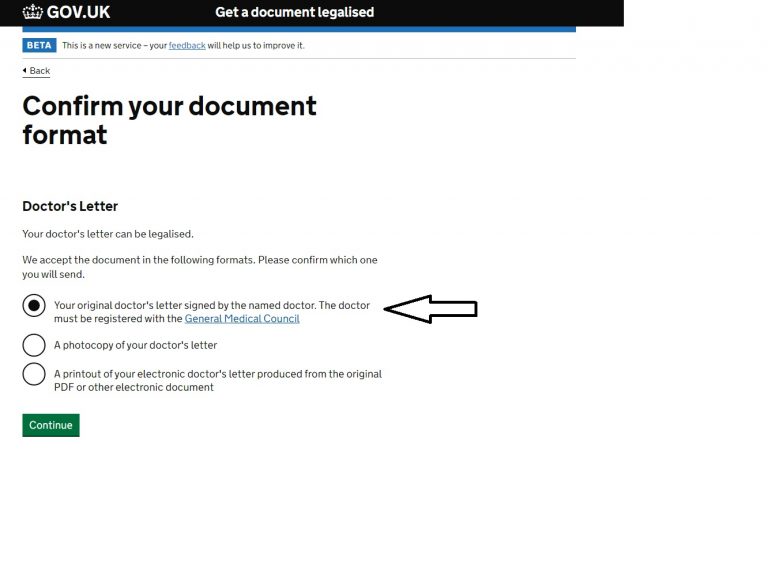Why do UK passport holders need a Hague Apostille Stamp on documents when applying for a visa to live in Spain?
The official definition of an apostille is ‘the authentication of a document for use in another country’ and it’s called a Hague Apostille as the rules for use were drafted by the Hague Conference on Private International Law (HCCH) on 5th October 1961.
The apostille certificate confirms the signature, seal or stamp on a document to be genuine so that it will be accepted when presented in another country.
Why do UK documents need a Hague Apostille?
This is one of the consequences of the UK leaving the EU – all EU countries accept each others documents without the need for an apostille stamp, but as the UK is no longer a member state, apostilles are required for UK issued documents.
What does an apostille stamp look like?
In the UK, the actual certificate is a piece of paper permanently glued to the back of the relevant document, and the apostille seal or apostille stamp is used to emboss the document with a government crest.
The design and style of the apostille varies by country – some countries use an ink stamp instead of embossing and others use a simple sticker.
How to get UK documents stamped with the Hague Apostille
It’s surprisingly straightforward to get documents stamped. You can either contact the Legalisation Service of the Foreign Commonwealth and Development Office or a Google search will bring up lists of private companies who will organise everything for you.
Always send original documents to be apostilled – select the first option on the relevant FCDO page:

IMPORTANT:
If your apostille stamp already has the Spanish words included on it (some do, some don’t), then it does not need to be translated again.
However, if your apostille doesn’t have the text in Spanish, you’ll need to get your sworn translations done AFTER the apostille stamp has been affixed to the document.
How Upsticks can help
At Upsticks, as part of our Visa Application Service, we guide you through the whole process and have trusted service partners for translations, insurance, apostilles and more. To find out more about our services, Book a Call for a no-obligation chat or email support@upsticks.es
Information correct at date of publishing.
Last updated 12.08.2022

